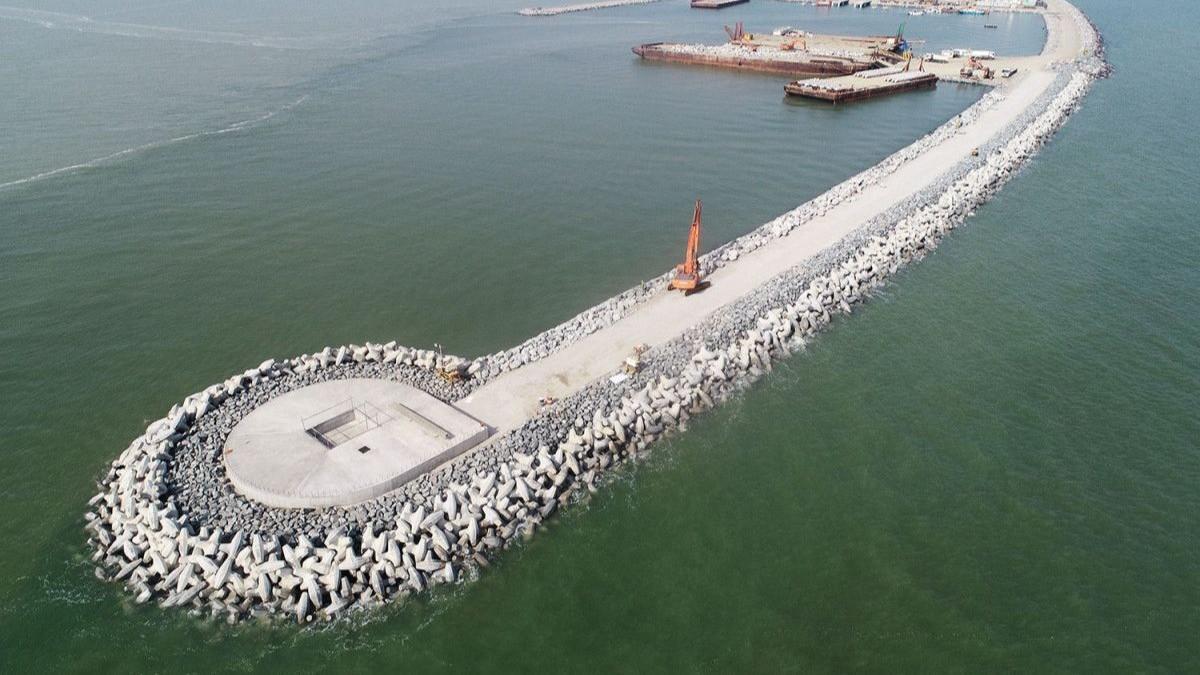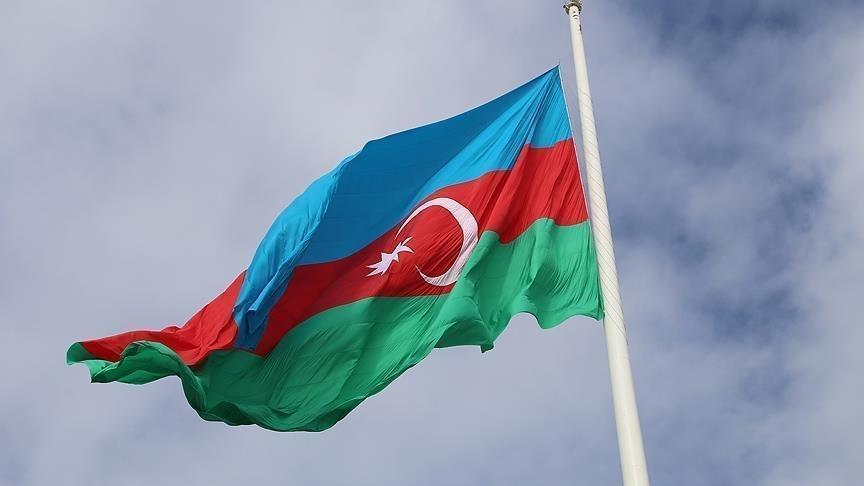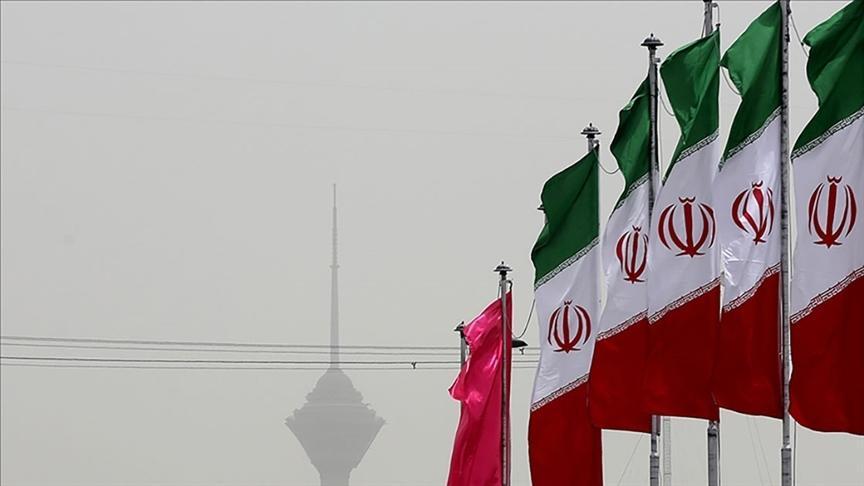Bonds of Turkish banks among worst performers in debt market
LONDON-Reuters
Bonds of Turkish banks, Ukrainian state firms and central European miners were among the worst performers in a recent sell-off in emerging debt and investors are on alert for further price falls or even defaults.The emerging corporate debt market has boomed in recent years, with the volume of outstanding debt passing $1 trillion last year and record issuance seen in the first half of 2013.
But spreads on emerging corporate bonds in hard currencies have widened sharply over rising U.S. Treasury yields in the past few weeks, after the Federal Reserve said it will scale back stimulus which has fed demand for higher-yielding assets.
Latin America and emerging Europe were the worst-hit regions, according to JP Morgan data, as domestic problems in some countries exacerbated the moves.
In Turkey, worries about anti-government demonstrations, a gaping current account deficit and political resistance to currency-supportive interest rate rises have hit bank debt.
Yapı Kredi’s 2020 bond, launched in January amid a glut of Turkish corporate issuance, has seen its yield rise 230 basis points from the original 4 percent.
One company whose bonds are trading at levels that imply an increased risk of default is Turkish construction firm Yuksel, whose 2015 bond currently yields 43 percent.
In Ukraine, state-owned companies are under pressure on concerns about the country’s economic outlook. Metals and mining firms have also underperformed due to the collapse in commodity prices this year, with names such as Russia’s Nord Gold and Czech firm New World Resources in the spotlight.
















